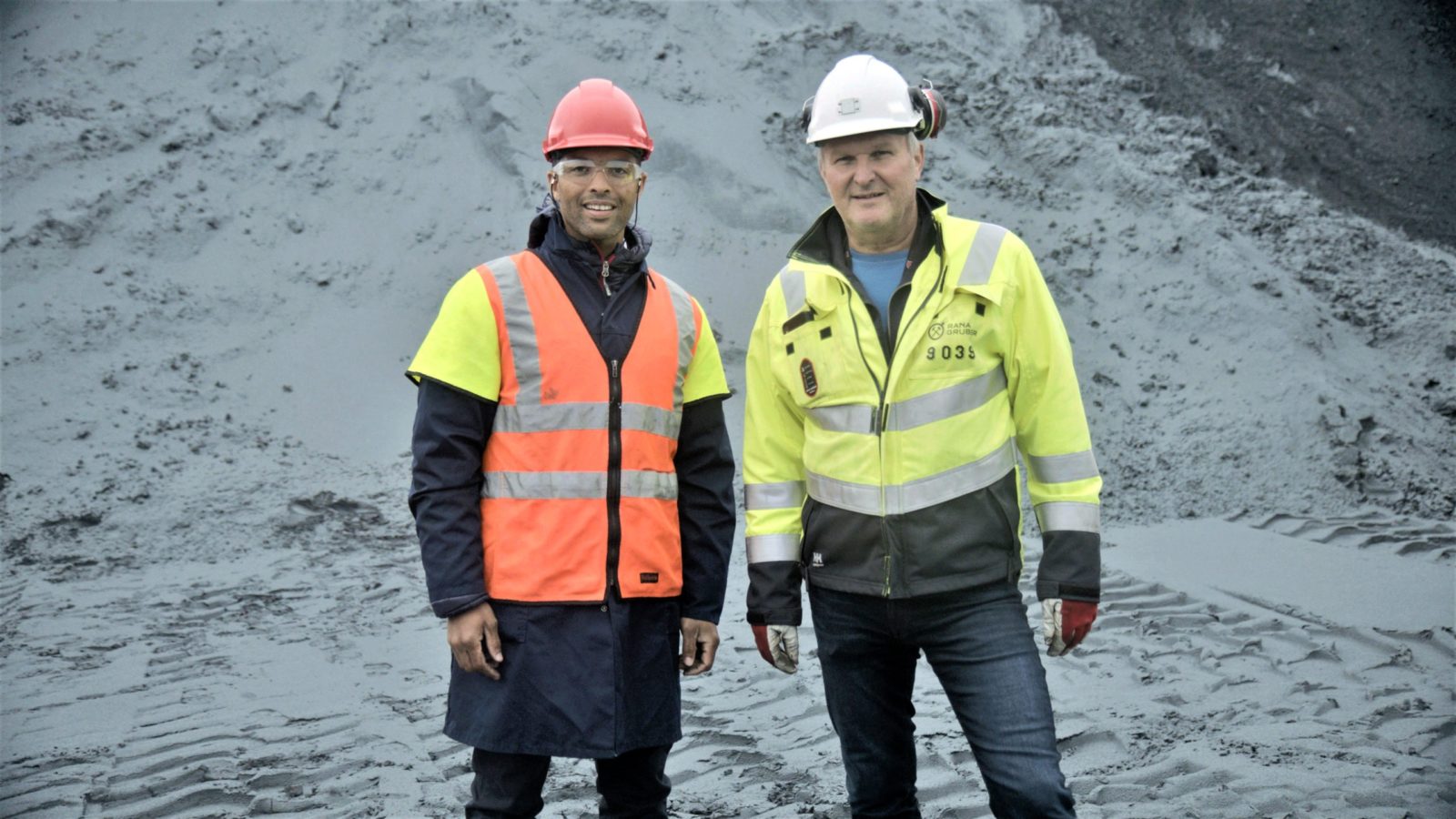Through a long-standing partnership, Rana Gruber and Cargill’s metal business (“Cargill Metals”) offer high-quality products supporting the decarbonisation of the value chain. Rana Gruber represents a sweet spot in the iron ore industry, combining low-carbon operations based on renewable energy, with commendable governance, and high-quality iron ore.
Being a significant source of carbon emissions, the global steel industry poses a challenge for the global net zero carbon emissions goal. However, the steel industry is also a vital part of the solution for a carbon neutral future.
– Steel is crucial for the world to get to net zero emissions, and a carbon neutral world needs a huge collaborative effort from players across the ferrous supply chain, including iron ore producers, distributors, and steelmakers to build the infrastructure and green technologies needed. Rana Gruber is leading the way in this transition and providing low carbon iron ore concentrate for the construction of cars and buildings with low-carbon steel, says Lee Kirk, managing director of Cargill’s metal business.
Through the ambition of delivering high quality, carbon free iron ore concentrates to steel mills around Europe, Rana Gruber will provide an important contribution from the first part of the steel industry’s value chain. Consequently, the important work of substituting fossil fuelled furnaces at the steel mills with other alternatives is a critical next step for reaching decarbonisation targets.
Sweet spot
A location close to renewable energy sources around Mo i Rana enables Rana Gruber to offer iron ore concentrates with one of the lowest carbon emissions globally among iron ore producers. Furthermore, the company has an ambition to remove all carbon emissions from the production by the end of 2025. Low carbon emissions, high scores on governance, in addition to high quality products, give Rana Gruber a unique competitive advantage.
– Rana Gruber is unique among iron ore producers in that it marries a low carbon intensity operation with commendable governance, and high-quality iron ore. Looking at the industry, it is hard to find others with high scores on all these metrics. The competitors are at best five years behind Rana Gruber, says Kirk.
Higher grade ore reduces input needs
Higher grade iron ore contains more iron, meaning that steelmakers need less iron ore to produce the same amount of steel, resulting in both less waste and reduced carbon emissions in the production. Demand for high-grade iron ore is increasing because of higher carbon prices.
In addition, this positive demand trend for high-grade iron ore is driven by leading European steelmakers’ target to reduce net carbon emissions by 30 per cent by 2030, and by 100 per cent by 2050. Increasing the iron ore grade from 63 per cent to 65 per cent is an important part of Rana Gruber’s contribution to the decarbonisation of the industry. When this is realised, the company expects increased appreciation for Rana Gruber’s products and hence increased price premiums.
The steel industry is gradually introducing more ambitious decarbonisation targets, as the transition to green steel requires changes in the entire value chain. While Rana Gruber is targeting carbon free mining operations, Cargill is working to decarbonise shipping. Each year, Cargill moves around 50 million tons of iron ore and 6 million tons of steel globally. European steel producers aim to be carbon neutral by 2050.
